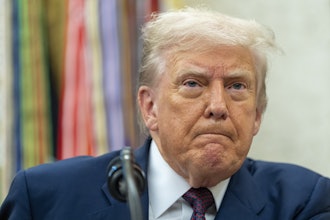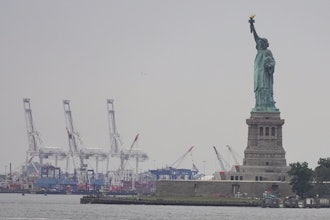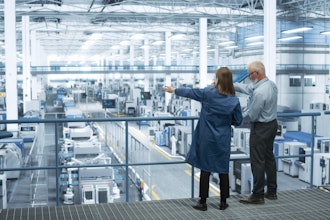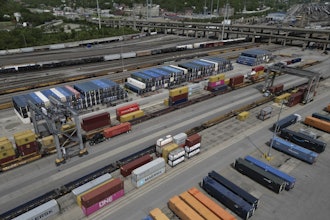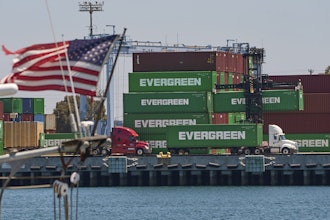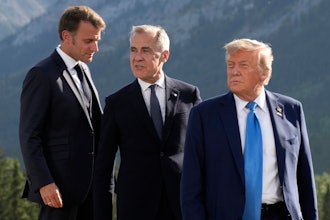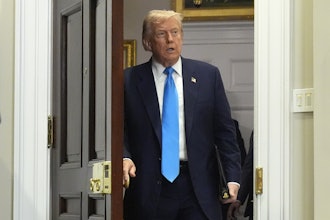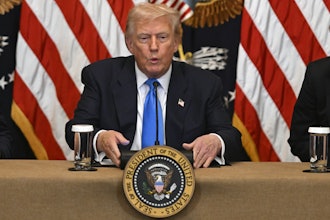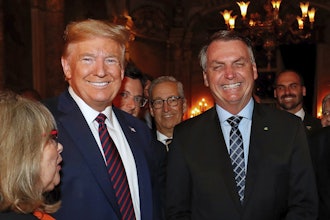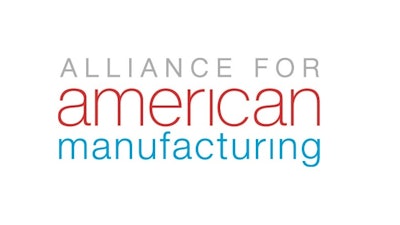
Washington, D.C. – Alliance for American Manufacturing (AAM) President Scott Paul testified before the newly formed House Select Committee on the Strategic Competition Between the United States and the Chinese Communist Party (CCP) Tuesday night. He outlined the CCP's greatest threats to America's economic security.
You can find Scott Paul's full oral testimony here and his written testimony here.
Paul said:
"The economic policies of the Chinese Communist Party represent a clear and present danger to the American worker, our innovation base, and our national security. For decades, the CCP has telegraphed its intentions with five-year plans, the Made in China 2025 program, Military-Civil Fusion, and the Belt and Road Initiative. Its goals: dominate key industries, set global standards, seek opportunity from crisis, weaken competitors."
America's negligence has aided the CCP in its efforts to undermine the United States, Paul noted:
"While CCP policies have been destructive, our own policies made matters worse. Bringing China into the world trade system in 2000 seemed like a slam dunk but instead became a spectacular failure of conventional wisdom and elite opinion. After writing a blank check to Beijing, we turned a blind eye to its cheating, time and time again accepting empty promises to reform, with no real consequences."
In the aftermath, the U.S. trade deficit with China has soared to ever-greater heights, and America lost 3.7 million jobs between 2001 and 2018. Of those lost jobs, three-fourths were in manufacturing, debilitating much of America's industrial capacity and devastating communities. The consequences have been long-lasting and felt across the nation. Paul said:
"America has become too dependent on China for many essential goods. PPE during the pandemic. 5G hardware. Commercial drones. Medicine. The list is long and terrifying.
"At the same time, U.S. manufacturing capabilities eroded. The defense industrial base weakened. We're behind the curve on clean energy manufacturing. We couldn't make enough semiconductor chips, which broke supply chains. It doesn't have to be this way."
But Paul noted that "U.S. policy has started to shift" and offered Congress bipartisan policy recommendations to rebuild America's manufacturing capabilities:
- Build on semiconductor technology export restrictions
- Vigorously enforce the Uyghur Forced Labor Prevention Act
- Sharpen trade tools through legislation such as the Leveling the Playing Field Act 2.0 and "de minimis" reform
- Screen outbound investment of U.S. companies in China and increase oversight of Chinese investment in the U.S.
- Expand the Transportation Infrastructure Vehicle Security Act (TIVSA), barring Chinese firms from federal transit contracts to all other public investment funding streams
- Revoke China's permanent normal trade relations (PNTR) status
The CCP's predatory practices continue to threaten America's economic stability, but Paul noted that there is hope. He said:
"A bright future for American manufacturing is possible, even in the wake of the CCP's destructive policies. Factories are rebounding, and it's not accidental: It's a result of public policies, and pressure on corporation to rethink supply chains.
"There's more to do. We have a long list of vulnerabilities, starting with medicine ingredients, critical minerals, machine tools, and microelectronics. And the CCP isn't slowing down."
Paul's remarks come as the CCP continues to cultivate close ties with Russia and its spy balloon intrusion has galvanized a rare consensus in a divided Congress that China poses a serious threat to the United States — a concern that's top of mind for the public as well. A recent Alliance for American Manufacturing poll conducted by Morning Consult found that there is widespread bipartisan agreement among U.S. voters that elected federal officials should do more to protect U.S. labor and economic interests from China.

Scott N. Paul is president of the Alliance for American Manufacturing (AAM), a partnership established in 2007 by some of America's leading manufacturers and the United Steelworkers union. Scott and AAM have worked to make American manufacturing and "Made in America" top-of-mind concerns for voters and our national leaders through effective advocacy, policy development, and data-driven research.
Scott is a sought-after expert on trade and manufacturing matters, testifying before numerous congressional committees and penning op-eds for The New York Times and other leading publications.












